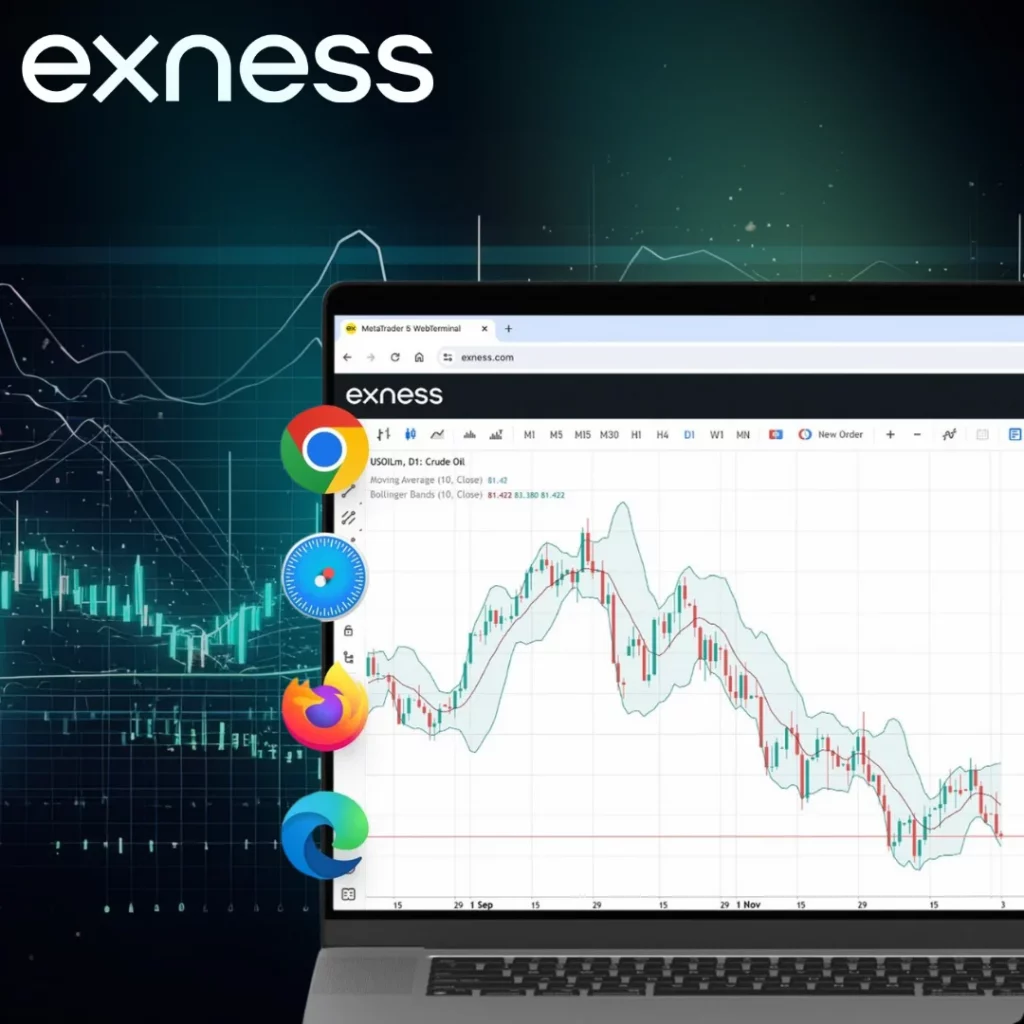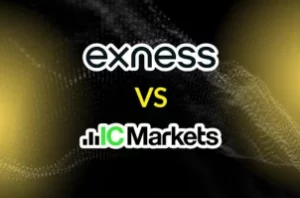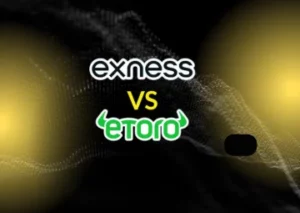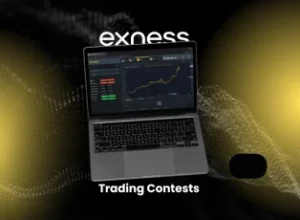Slippage and requotes are common occurrences in forex trading, and understanding how they work can help you manage your trades effectively. Slippage occurs when the execution price differs from the expected price due to market volatility or liquidity issues, often happening during fast-moving markets. Requotes happen when the market price changes before your order is filled, and Exness will notify you of the new price, giving you the option to accept or reject it. While both situations can impact your trading experience, Exness works to minimize these occurrences by offering fast execution speeds and competitive spreads, helping traders avoid unwanted delays or price discrepancies.

Exness Slippage Explained
Slippage happens when a trade executes at a different price than requested due to rapid price changes. It’s common in volatile markets or during low liquidity. For example, if you place a buy order for EURUSD at 1.1000 but it executes at 1.1005, that’s a slippage of 5 pips.
- Positive Slippage: The trade executes at a better price, increasing profit.
- Negative Slippage: The trade executes at a worse price, reducing profit or increasing loss.
Requotes occur with instant execution when the requested price is unavailable, and the broker offers a new price. On Exness, a requote notification appears for 3 seconds, allowing you to accept or reject the new price. If no action is taken, the order cancels.
Why Slippage and Requotes Happen on Exness
Several factors cause slippage and requotes, particularly during specific market conditions or technical issues.
Causes of Slippage
- Market Volatility: Rapid price movements, often during news events like Non-Farm Payrolls, lead to slippage.
- Low Liquidity: Fewer market participants, such as during holidays, widen spreads and increase slippage risk.
- Execution Delays: Slow internet or server latency can cause price changes before the order executes.
- Order Type: Market orders are more prone to slippage than limit orders.
Causes of Requotes
- Instant Execution: Exness’s Pro account uses instant execution for some instruments, leading to requotes if prices change.
- High Volatility: Fast-moving markets make it hard for brokers to fill orders at the requested price.
- Platform Limitations: On MT4 Pro accounts, requotes may occur even with market execution during volatile periods.
How Exness Manages Slippage and Requotes
Exness implements measures to minimize slippage and requotes, ensuring faster and fairer trade execution.
Exness offers two execution types, each affecting slippage and requotes differently:
- Instant Execution: Available on Pro accounts for forex and metals, aiming for exact price execution but prone to requotes if prices change.
- Market Execution: Used on Standard, Raw Spread, and Zero accounts, executing orders at the best available price, reducing requotes but risking slippage.
Slippage Rules and Tools
Exness uses a slippage rule to limit incidents for pending orders. If the market price at execution differs significantly from the requested price, the rule determines whether the order executes within a slippage-free range.
- Limit Orders: Can result in positive slippage but never negative, ensuring better or equal prices.
- Stop Orders: May lead to negative slippage, as they execute at the next available price.
- Deviation Setting: Traders can set a permissible slippage range to avoid requotes, allowing automatic execution within the set limit.
Exness’s global server network reduces latency, ensuring near-instant market execution with minimal slippage, even during volatility.

Exness Practical Tips to Reduce Slippage and Requotes
Your account type and timing determine execution quality. Standard accounts use market execution with fewer requotes but more slippage risk, while Professional accounts like Raw Spread minimize spreads. Trade during the London-New York overlap (8:00-12:00 UTC) when liquidity is highest and spreads are tightest.
Limit orders give you price control unlike market orders that execute at whatever price is available. Avoid trading around major economic news like central bank decisions or employment reports, as these events spike volatility and worsen execution. Most traders pause activity 15-30 minutes before and after such announcements.
Use a stable internet connection to reduce latency issues. Exness VPS services help automated traders get faster execution. Stick to major currency pairs over exotic ones like USD/TRY, which have wider spreads and higher slippage risk.
Slippage and Requotes by Instrument
Different instruments face varying slippage risks due to liquidity and market hours. Below is a table showing typical slippage risks for key Exness instruments.
| Instrument | Liquidity Level | Slippage Risk | Requote Risk (Pro Account) |
| EURUSD | High | Low | Moderate (Instant Execution) |
| XAUUSD | High | Moderate | Moderate |
| USOIL | Moderate | High | Low (Market Execution) |
| USD/TRY | Low | Very High | High |
| BTCUSD | Moderate | High | Low (Market Execution) |
Slippage tends to be lower for highly liquid instruments like major forex pairs, while exotic pairs or volatile assets like USD/TRY can experience significant slippage. Requote risks are higher with instant execution accounts, particularly during fast market movements. Traders can reduce the impact of slippage and requotes by trading during high liquidity hours and monitoring market news.
Exness Common Issues and Solutions
Traders on Exness may encounter challenges like slippage and requotes that affect order execution. Understanding these issues and applying practical solutions can help maintain smoother trading.
| Issue | Problem | Solution |
| Execution Delays | Slow internet or server congestion delays orders, increasing slippage | Use a VPS, trade during high-liquidity hours, ensure a fast connection |
| Requotes on Pro Accounts | Frequent requotes during volatile markets disrupt trading | Switch to market execution accounts or set a wider deviation range |
| Stop-Loss Slippage | Stop-loss orders trigger at worse prices due to market gaps | Set stop-losses farther from current price and account for spreads |
By using a VPS or ensuring a reliable connection, traders can reduce execution delays. Adjusting order types or deviation ranges helps prevent frequent requotes. Additionally, planning stop-loss levels with spreads in mind minimizes the risk of slippage affecting trade outcomes.
FAQs About Exness Slippage and Requotes
What is slippage on Exness?
Slippage is when a trade executes at a different price than requested, often due to volatility or low liquidity. It can be positive (better price) or negative (worse price).



